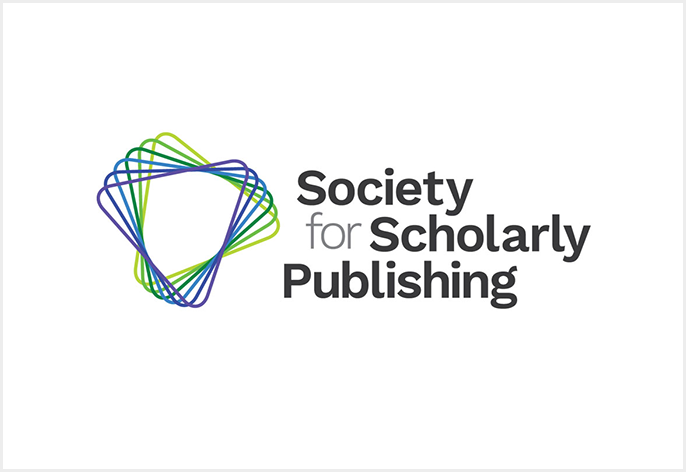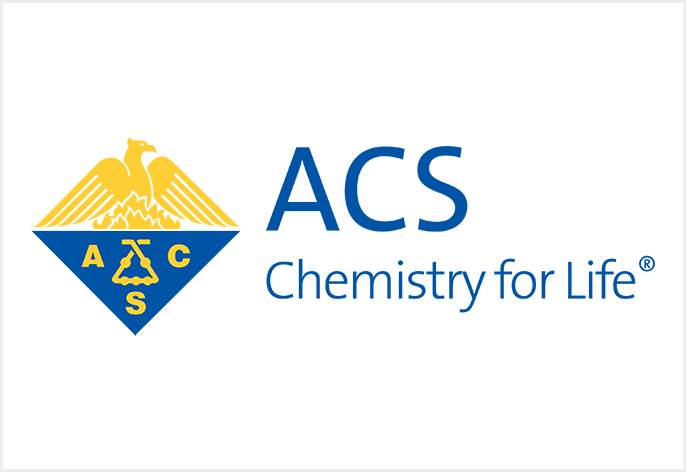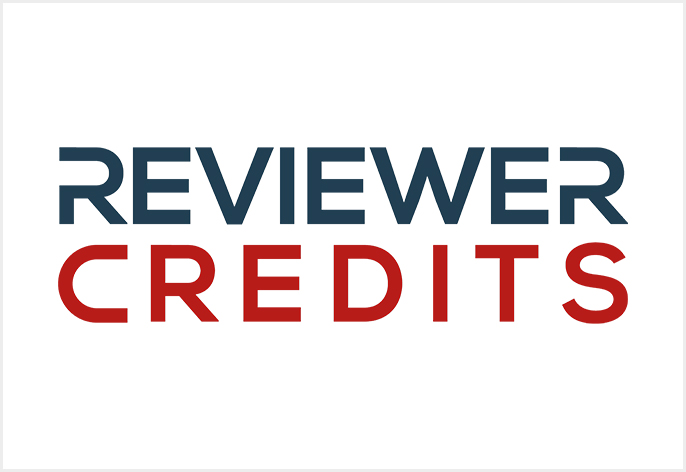Support for Direct to Open in 2025 includes two new three-year, all-consortium commitments from the Florida Virtual Campus (FLVC) and the Big Ten Academic Alliance (BTAA)
The MIT Press is pleased to announce that Direct to Open (D2O) has reached its full funding goal for 2025 and will open access to 80 new monographs and edited book collections in the spring and fall publishing seasons.
“It has been one of the greatest privileges of my career to contribute to this program and demonstrate that our academic community can unite to publish high-quality open access monographs at scale,” said Amy Harris, Senior Manager of Library Relations and Sales at the MIT Press. “We are deeply grateful to all of the consortia that have partnered with us and to the hundreds of libraries that have invested in this program. Together, we are expanding the public knowledge commons in ways that benefit scholars, the academy, and readers around the world.”
Among the highlights from the MIT Press’s fourth D2O funding cycle is a new three-year, consortium-wide commitment from the Florida Virtual Campus (FLVC) and a renewed three-year commitment from the Big Ten Academic Alliance (BTAA). These long-term partnerships will play a pivotal role in supporting the Press’s open access efforts for years to come.
“The Florida Virtual Campus is honored to participate in D2O in order to provide this collection of high-quality scholarship to more than 1.2 million students and faculty at the 28 state colleges and 12 state universities of Florida,” said Elijah Scott, Executive Director of Library Services for the Florida Virtual Campus. “The D2O program allows FLVC to make this research collection available to our member libraries while concurrently fostering the larger global aspiration of sustainable and equitable access to information.”
“The Libraries of the Big Ten Academic Alliance are committed to supporting the creation of open access content,” added Kate McCready, Program Director for Open Publishing at the Big Ten Academic Alliance Library. “We’re thrilled that our participation in D2O contributes to the opening of this collection, as well as championing the exploration of new models for opening scholarly monographs.”
In 2025, hundreds of libraries renewed their support thanks to the wonderful teams at consortia around the world, including the Council of Australasian University Librarians, the CBB Library Consortium, the California Digital Library, the Canadian Research Knowledge Network, CRL/NERL, the Greater Western Library Alliance, Jisc, Lyrasis, MOBIUS, PALCI, SCELC, and the Tri-College Library Consortium.
Launched in 2021, D2O is an innovative sustainable framework for open access monographs that shifts publishing from a solely market-based, purchase model where individuals and libraries buy single eBooks, to a collaborative, library-supported open access model.
Many other models offer open access opportunities on a title-by-title basis or within specific disciplines. D2O’s particular advantage is that it enables a press to provide open access to its entire list of scholarly books at scale, embargo-free, during each funding cycle. Thanks to D2O, all MIT Press monograph authors have the opportunity for their work to be published open access with equal support to traditionally underserved and underfunded disciplines in the social sciences and humanities.
The MIT Press will now turn its attention to its fifth funding cycle and invites libraries and library consortia to participate. For details, please visit our website or contact our Library Relations team at mitp-library-relations@mit.edu.
Key statistics
- 321 – number of open access books funded through D2O to date
- 659,453 – total # of times published D2O books have been read on the MIT Press platform
- 12.74% / 54.78% / 32.48% – % of humanities/social sciences/STEM in D2O
Spring 2025 Direct to Open books
Every American an Innovator: How Innovation Became a Way of Life by Matthew Wisnioski
Ascending Republic: The Ballooning Revival in Nineteenth-Century France by Patrick Luiz Sullivan De Oliveira
Gear: Cultures of Audio and Music Technologies by Eliot Bates and Samantha Bennett
License to Spill: Where Dry Devices Meet Liquid Lives by Rachel Plotnick
Ecologies of Artistic Practice: Rethinking Cultural Economies through Art and Technology by Ashley Lee Wong
Principles of Biological Autonomy, a new annotated edition by Francisco J. Varela
Laws of Human Behavior: Steps Toward Hard Science by Donald Pfaff and Sandra Sherman
Proxistant Vision: Motion, Navigation, Scale by Synne Tollerud Bull and Dragan Miletic
The Human Edge: Analogy and the Roots of Creative Intelligence by Keith J. Holyoak
The Invisible Hand: Neurocognitive Mechanisms of Human Hand Function by Matthew R. Longo
How That Robot Made Me Feel edited by Ericka Johnson
Differential Privacy by Simson L. Garfinkel
Heartbeat Art by Claudia Arozqueta
A Regional Contemporary: Art Exhibitions, Popular Culture, Asia by C. J. W.-L. Wee
A Drive to Survive: The Free Energy Principle and the Meaning of Life by Kathryn Nave
The Nuclear-Water Nexus by Per Högselius and Siegfried Evens
Good Will Corrupting: Social Norms and the Trouble of Intervention by Adam Moe Fejerskov
At the Crossroads of Psychology and Anthropology: In Conversation with Jerome Bruner edited by Bradd Shore
Fragilities: Essays on the Politics, Ethics, and Aesthetics of Maintenance and Repair edited by Fernando Domínguez Rubio, Jérôme Denis and David Pontille
Streaming by the Rest of Us: Microstreaming Videogames on Twitch by Mia Consalvo, Marc Lajeunesse and Andrei Zanescu
From the Laboratory to the Moon: The Quiet Genius of George R. Carruthers by David H. DeVorkin
Triangles and Tribulations: Translations, Betrayals, and the Making of Cultural-Historical Activity Theory by Clay Spinuzzi
Revolutionary Engineers: Learning, Politics, and Activism at Aryamehr University of Technology by Sepehr Vakil, Mahdi Ganjavi and Mina Khanlarzadeh
Let Geography Die: Chasing Derwent’s Ghost at Harvard by Alison Mountz and Kira Williams
Re/Marks on Power: How Annotation Inscribes History, Literacy, and Justice by Remi Kalir
Unboxing Japanese Videogames: A Metadata-Based Approach to the Production and Distribution of Spatial Instability by Martin Roth
Trans Technologies by Oliver L. Haimson
Measures and Meanings of Spatial Capital: Contributions to a Theory of Land by Lars Marcus
Modern Chinese Foodways edited by Jia-Chen Fu, Michelle T. King and Jakob A. Klein
Spheres of Injustice: The Ethical Promise of Minority Presence by Bruno Perreau
Play It Again, Sam: Repetition in the Arts by Samuel Jay Keyser
Interception: State Surveillance from Postal Systems to Global Networks by Bernard Keenan
Deflating Mental Representation by Frances Egan
The Theory of Deliberative Wisdom by Eric Racine
The World According to Military Targeting by Erik Reichborn-Kjennerud
Epistemic Ecology by Catherine Z. Elgin
AI Fairness: Designing Equal Opportunity Algorithms by Derek Leben
The Smoke and the Spoils: Anti-Environmentalism and Class Struggle in the United States by John Hultgren
The Ecology Politic: Power, Law, and Earth in the Anthropocene by Anthony Burke and Stefanie Fishel






























